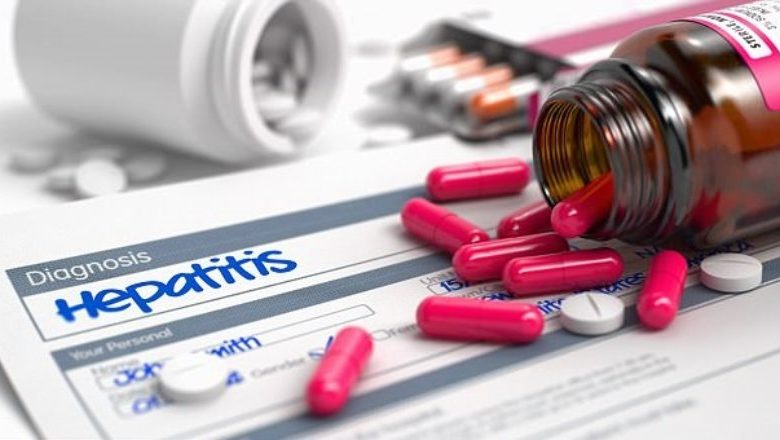
The Nasarawa State Government has said that no fewer than 23,224 residents have tested positive for viral Hepatitis B and C.
The Permanent Secretary of the State Ministry of Health, Dr Janet Angbazo, disclosed this during a press briefing commemorating the 2023 World Hepatitis Day tagged “We are not waiting, one life, and one liver” in Lafia on Monday.
Angbazo explained that 229,682 individuals were screened.
However, 23,224 residents tested positive for the disease, adding that some infected persons were treated in government hospitals across the 13 Local Government Areas of the state.
Her words:
“I am here today to bring attention to the high burden of Hepatitis B & C in Nasarawa State, which surpasses the national average.
“Recognizing the urgency of this issue, the Nasarawa State government has committed to a five-year hepatitis B and C elimination plan. This ambitious plan aims to treat approximately 124,000 individuals within the next five years.
“It is the high burden of this dreaded disease in the state that led the state Ministry of Health with support from Clinton Health Access Initiative to establish the State’s Viral Hepatitis Control Program, creating an enabling policy environment to drive access to HBV/HCV diagnostic and treatment services.
“I am delighted to report that significant progress has been made in the fight against Hepatitis in our state. As of now, 97 Healthcare workers have been trained across 17 Healthcare facilities, and we have achieved micro-elimination in three facilities in Awe, Keana, and Doma.
“As the theme for this year’s World Hepatitis Day remind us, “we can’t wait” let us take immediate action to prevent viral Hepatitis, know our statuses, and provide timely treatment.”
The permanent secretary, however, appealed to the general public to make themselves available for the testing of HBV and HCV in government hospitals across the 13 LGAs of the state, and avoid the use of unsterilized sharp objects, sharing of needles/syringes, and the transfusion of unscreened blood/blood products.
